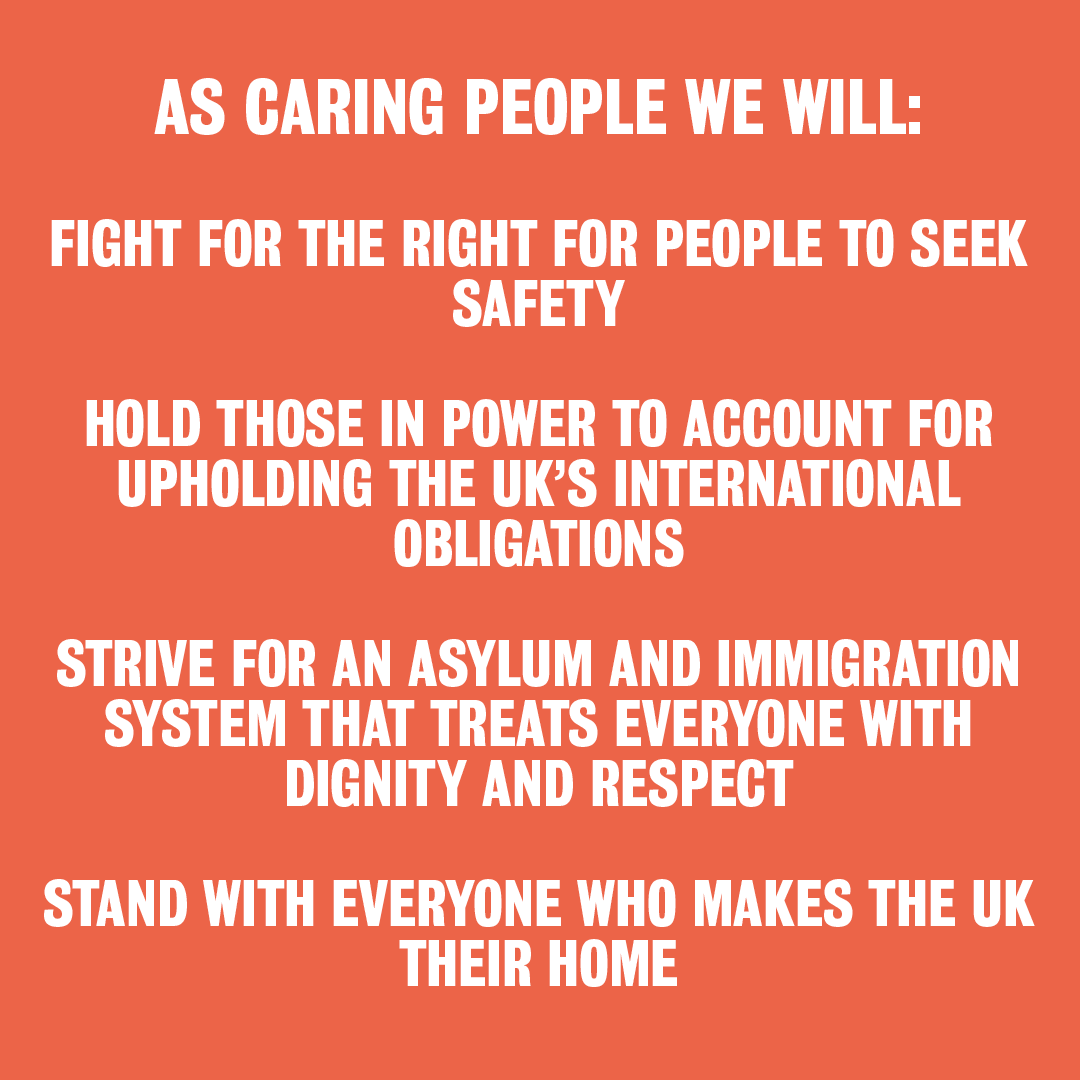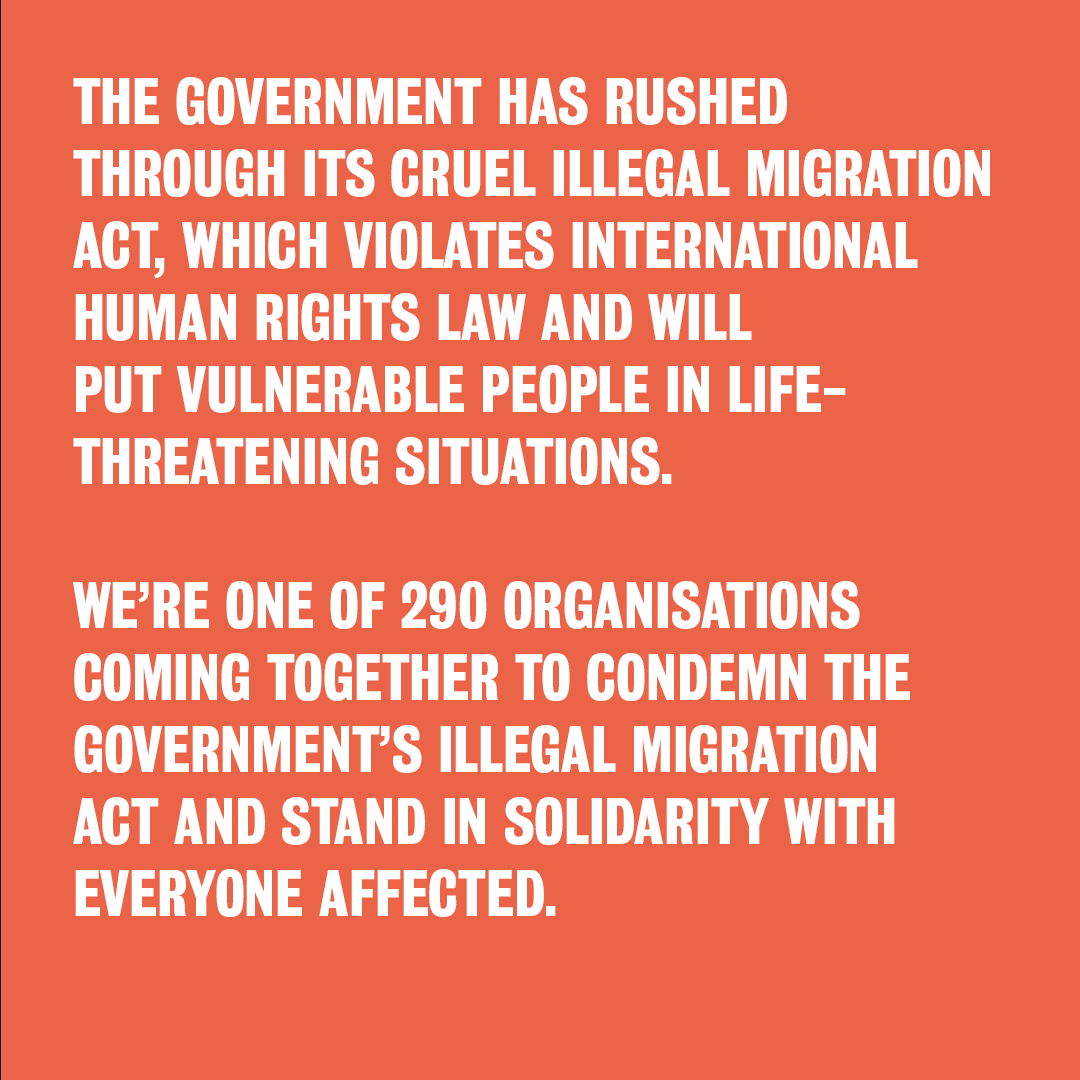Hello, I’m Andy Kerr, Managing Chaplain at HMP Ford Open Prison in Sussex.
Open Prison, I hear you say, what is that? Well, it’s a prison where instead of taking away someone’s liberty we start to give liberty back to them. It’s a very different prison from Cat A, B or C prisons, which appear mostly on our TV screens through dramas or documentaries. For example, a third of the people detained at Ford are working in ordinary jobs in the community, engaging with you or me every day: forklift truck drivers, office workers, gas fitters, crane operators and retail workers. We also release people home for 2 days a month and 4 nights once a month to rebuild family relationships, start parenting again and resettle. Onsite education and a college provide maths and English, with business studies, painting and decorating, engineering, drywall lining, and bricklaying courses amongst other opportunities.
How did I get to work in Prison?
I started out in life as a baker/confectioner, went into retail, delivered cars all over the UK, worked with children with emotional and behavioural difficulties, spent years working on a housing estate in the Midlands that BBC had unhelpfully entitled ‘Estate from Hell’ in their documentary, was called into Baptist Ministry and led a couple of churches. It was whilst leading a church in the South that I found many of the people I met on the streets swigging lager or smoking cannabis seemed to have offences in their backstory. Some had spent a long time in prison and some were in and out more regularly.
I was struck early on in my ministry by Jesus’ manifesto in Luke 4.
18 “The Spirit of the Lord is on me,
because he has anointed me
to proclaim good news to the poor.
He has sent me to proclaim freedom for the prisoners
and recovery of sight for the blind,
to set the oppressed free,
19 to proclaim the year of the Lord’s favour.”
If we the church are Christ’s body, then the ‘me’ in his manifesto becomes ‘us’! It really is that simple. So I left my church and started working at HMP Ford before going full time at HMP Lewes, and then finally coming back to HMP Ford in 2021.
Can I encourage you as churches to embrace His manifesto as well? I have found no greater delight, than to see the Holy Spirit of God working in prisoners’ lives, and the opportunity to join in with Him is a profound joy and a humbling experience.
Lastly a thought: the other day I met a young man in London who had been at HMP Ford. He said to me ‘how are you my brother?’!








